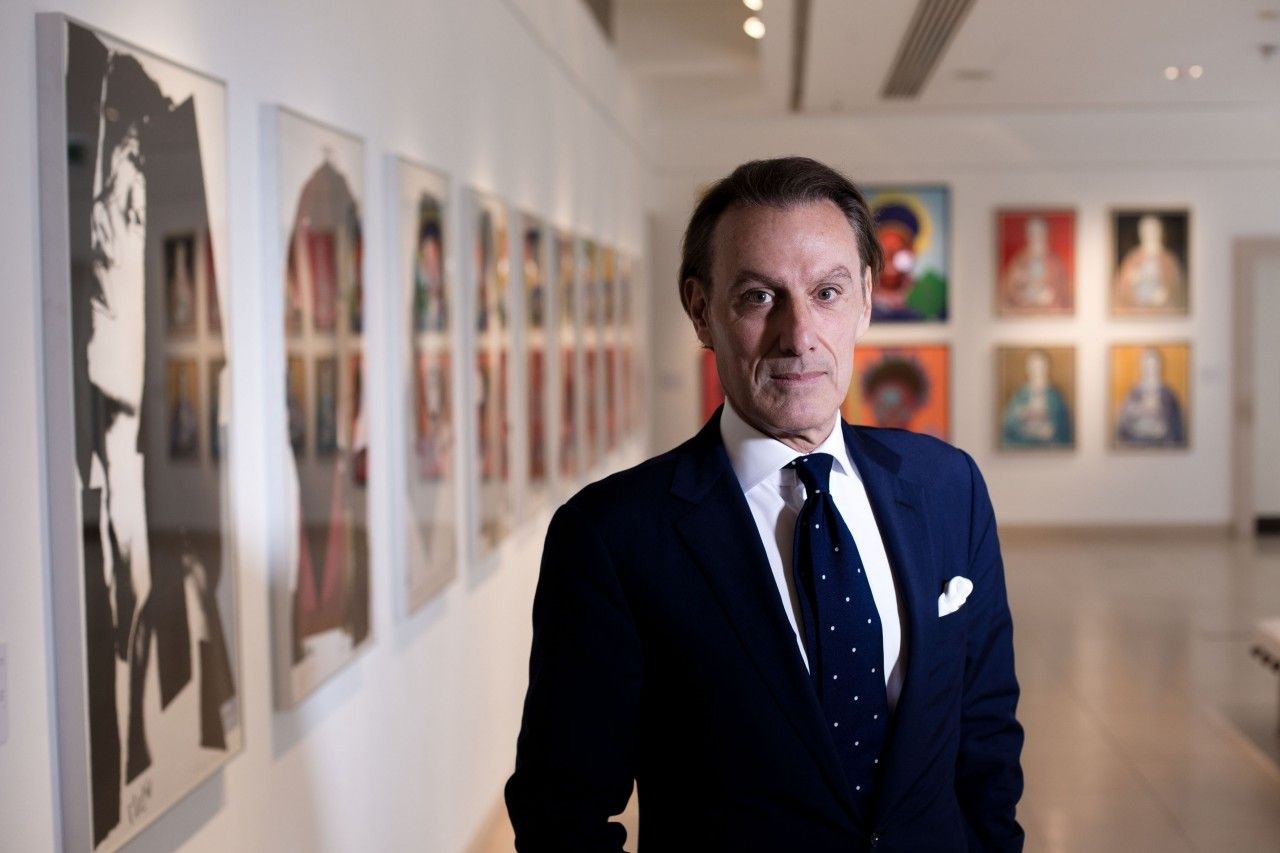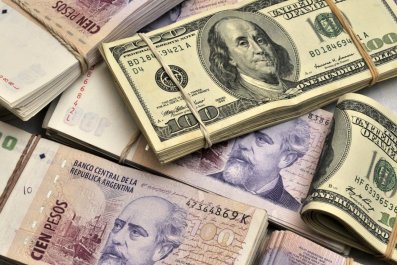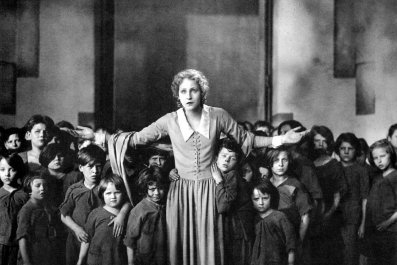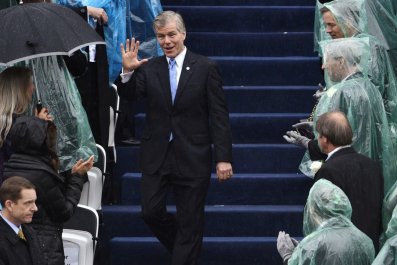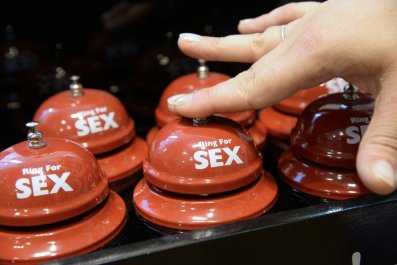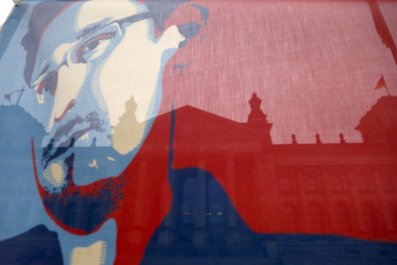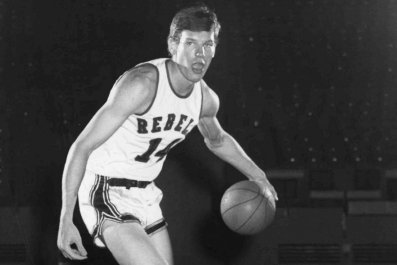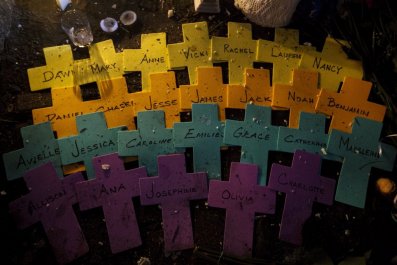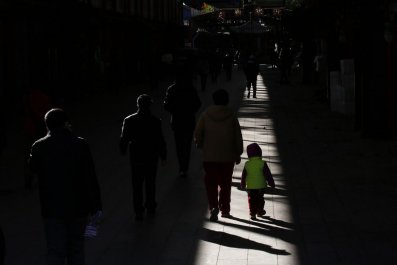Just in time for the upcoming Olympic Games, the art world's top competitor set a new world record. Christie's announced on Wednesday sales of $7.1 billion for 2013 - the most in the auction house's 248-year history. Money has never flowed through the auction rooms quite as fast as it did in 2013. Last year, the company held its first auctions in Shanghai and Mumbai to keep pace with the demand for high-end art from the new global elite.
In November, at its New York Post-War and Contemporary art auction, the house made global headlines for selling a Francis Bacon triptych for $142.4 million, and it sold nearly $700 million in art that night.
But the real story here may not been in the brick-and-mortar auction rooms, but the digital ones. This year, Christie's invested millions in building out its Internet and digital platform, running 49 online-only auctions, a 700 percent jump from 2012. Online bidders brought in $20.8 million in sales, and drew 20.6 million visitors to Christie's site. Now the company plans to go global with online auctions in Mandarin and other languages. This week, Newsweek spoke with Christie's CEO Steven P. Murphy about his company's remarkable year, its plans for the future, and what keeps him up at night.
Newsweek: How did you make so much money?
Steven Murphy: You know how James Carville said, "It's the economy, stupid"? I say, "It's the art." Do not get too caught up in the mechanism of a market and forget that what's selling is Warhol and Picasso, and a pair of alabaster mourners from the 15th century.... We brought a lovely Rembrandt portrait with us to Shanghai and had it on view for three weeks; the underbidder in the December auction was a new Chinese buyer, never came to Christie's before. It was bought by a Brit, but the bidding against the two brought the price up because they both wanted it. And that's the beauty of auction.
Newsweek: You came to Christie's just over three years ago from the music and publishing industries. How has that background helped you navigate the auction world?
Murphy: This is a creative company. It's not a movie company, it's not a publishing house, but like those industries it requires a leap of faith that your team has their eye on the right piece of art for right now. The question is, do you believe in this art? Do you believe the Warhol is going to make more than $40 million? And you don't know that it's right until the auction gavel comes down.
Newsweek: Last year, 30 percent of your buyers were new to Christie's and made up 22 percent of global sales. Where are you seeing this growth coming from?
Murphy: On average, 45 percent of the online sales are new to Christie's. The effort now is to convert them to regular Christie's customers.... Consigners want to go with the dealer or auction house that has the [most] buyers. We believe we have succeeded in the last two years because we have more of the right kind of buyers than anybody else.
Newsweek: This year, Christie's sold an Apple-1 for nearly $400,000 in an online auction. How important will the online art market be going forward?
Murphy: I just love the metaphorical value of Christie's first year of online auctions succeeding in selling an Apple computer. The online geography we are entering into is a new frontier for everybody. Why should the art world be any different from movies, music, publishing and newspapers and magazines, any other creative industry?
Newsweek: Historically you've had just one competitor, Sotheby's. With online auctions, who do you see as your competition in the future?
Murphy: What keeps me up at night, as well as we are doing, I want to make sure we are moving fast enough online.
Newsweek: What are you expecting for 2014?
Murphy: In two years' time, we'll be having auctions in Shanghai and online auctions in Chinese.
Newsweek: Christie's just opened in Shanghai, and Chinese buyers account for 22 percent of global sales. Are you at all worried about the new Chinese frugality?
Murphy: The number of buyers interested in collecting has grown enormously, and it's our job to connect with them.
Newsweek: Looking back in 2013, what have you learned?
Murphy: 2013 was a very demanding year.... We opened up in two markets.... It was like climbing a mountain - you make it to base camp 3 and you look up at the peak and you go, "Oh my word. Okay, let's go."



